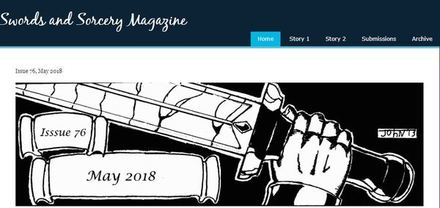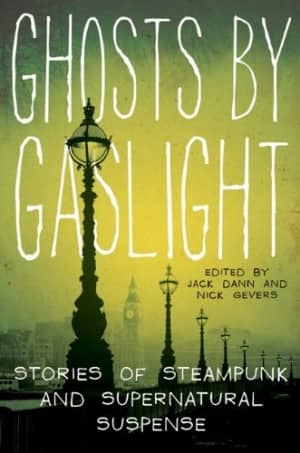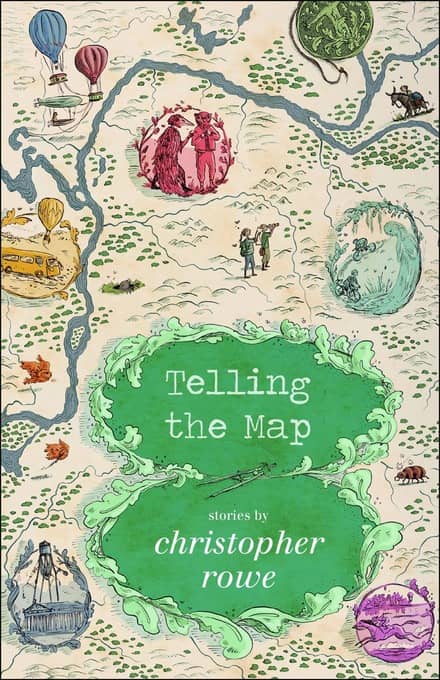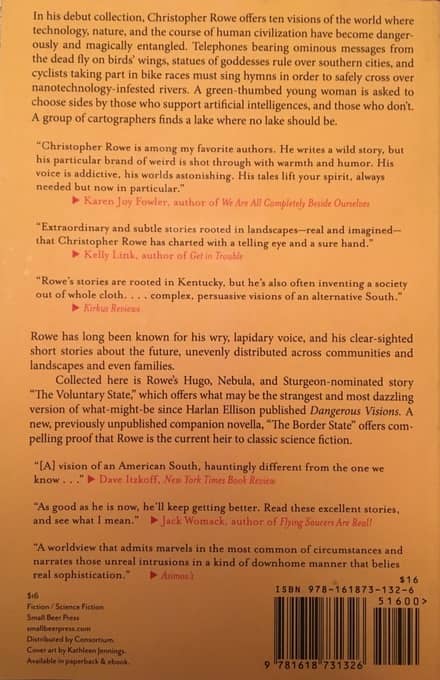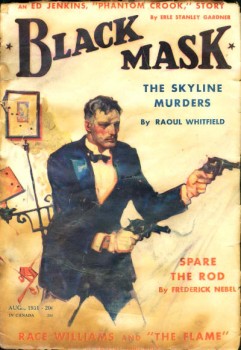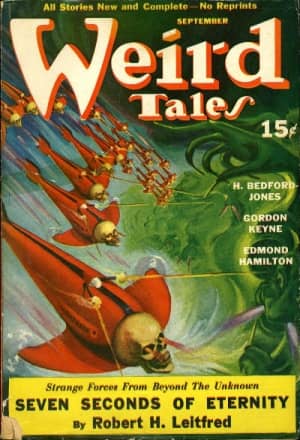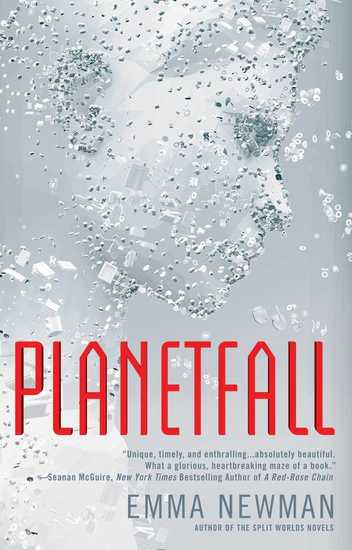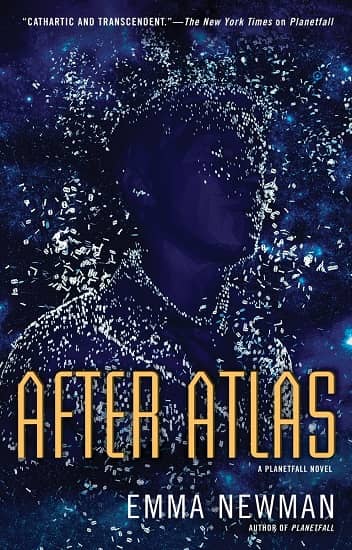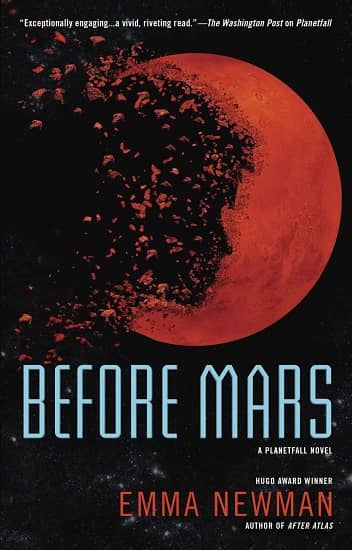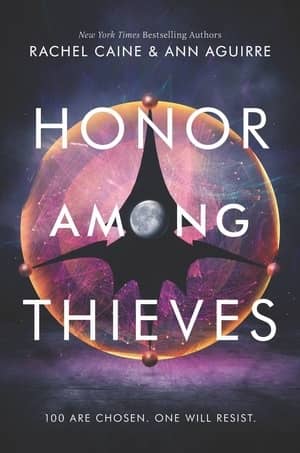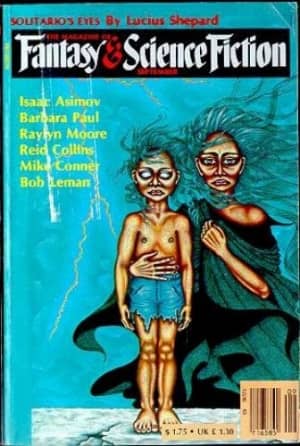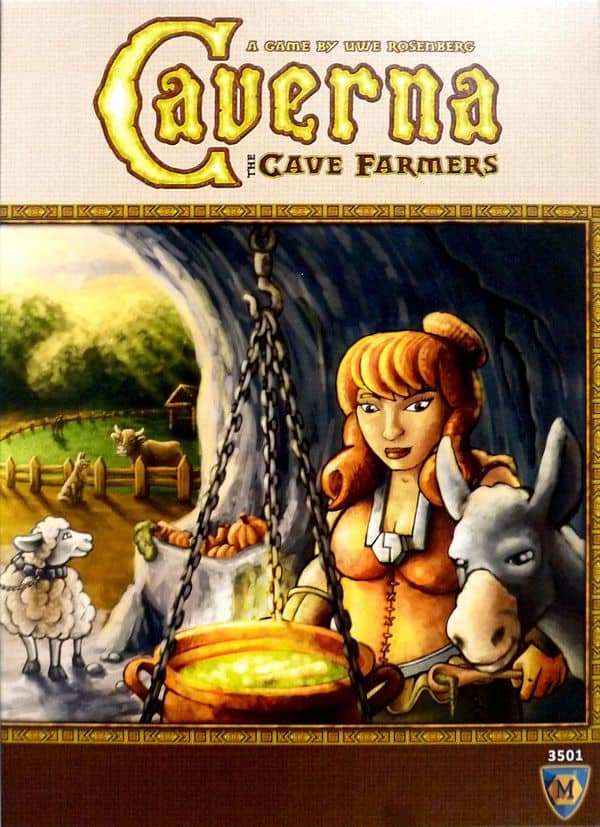New Treasures: The Rise of the Terran Federation, edited by John F. Carr
 |
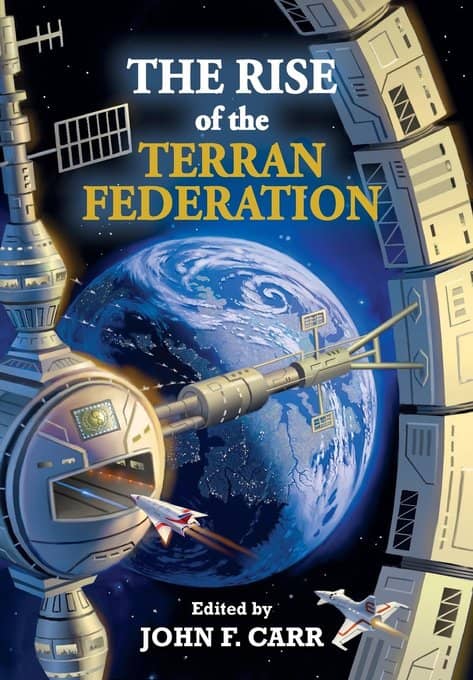 |
H. Beam Piper was one of my earliest discoveries, and he quickly became one of my favorite SF writers. I snapped up every book with his name on it in the mid-70s, all Ace paperback editions with gorgeous Michael Whelan covers.
Piper committed suicide a few months after I was born, in November 1964. But his work has endured, and as recently as 2011 John Scalzi published Fuzzy Nation, a retelling of Piper’s most famous novel Little Fuzzy. Last year editor John F. Carr assembled an anthology of a handful of Piper’s Federation and Paratime Police tales, and invited Wolfgang Diehr, David Johnson, and Jonathan Crocker to contribute fiction set in Piper’s universe. He added a pair of essays by John A. Anderson, The Early History of the Terran Federation and Chartered Companies of the Terran Federation, and his own preface, The Terro-human Future History, and the result was The Rise of the Terran Federation, published in hardcover by Pequod Press. Here’s the description.
The Rise of the Terran Federation is new collection of new and old stories chronicling the rise of H. Beam Piper’s Terran Federation. With story introductions and essays on the establishment of the Federation, this book is the ultimate overview of the beginning of Piper’s crowning creation, the Terro-Human Future History. This collection will include some of Piper’s early Federation stories, like “Edge of the Knife” and Omnilingual.”
This collection also contains new stories about the aftermath of the Third and Fourth World Wars, the Thorans and life on Baldur. The Rise of the Terran Federation is an essential work for fans of Piper’s future history and his unique view of what lies ahead for mankind.
There are precious few SF writers whose work has endured five decades. Piper didn’t live long enough to see it, but his stories have entertained three generations of SF fans, and I expect them to still be in print 50 years from today.
